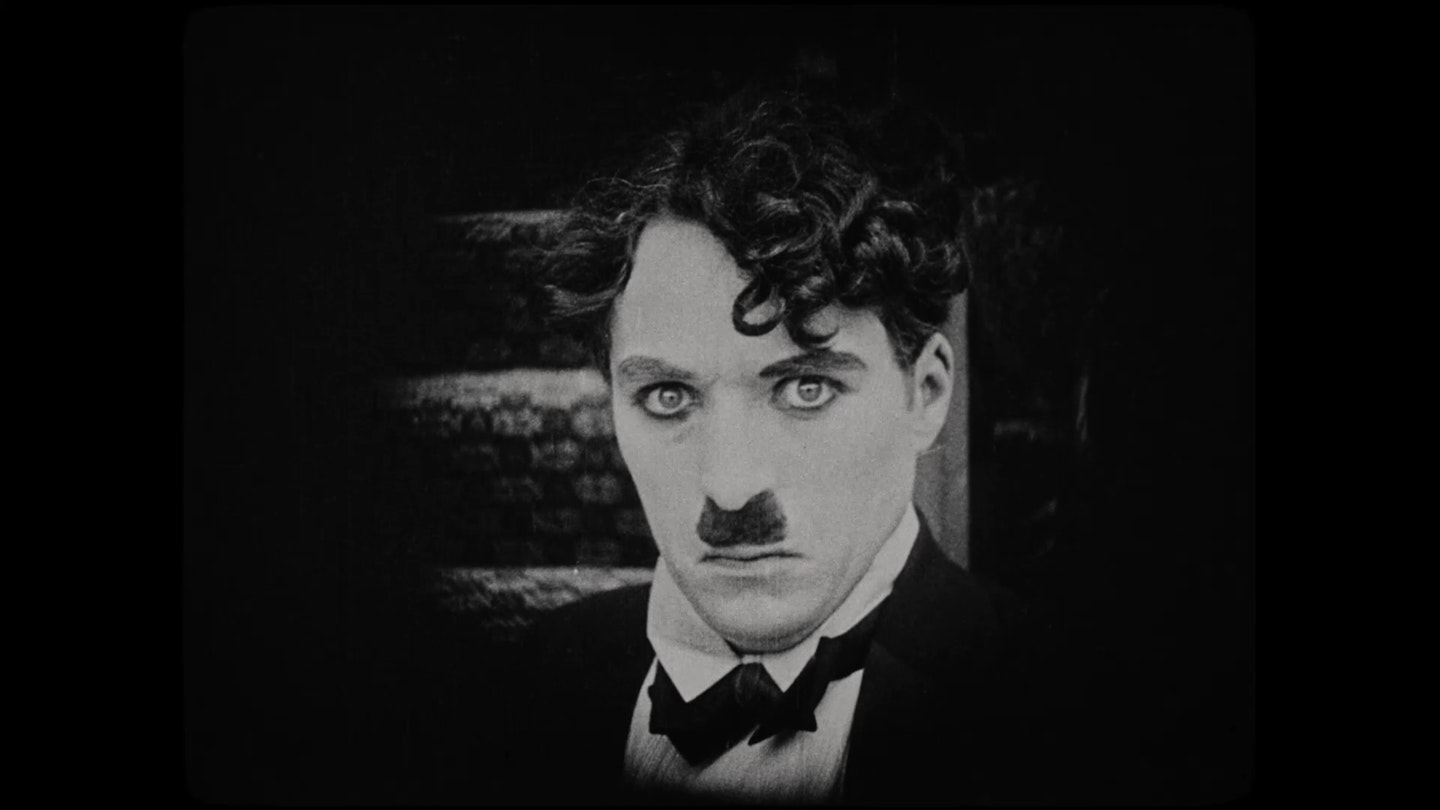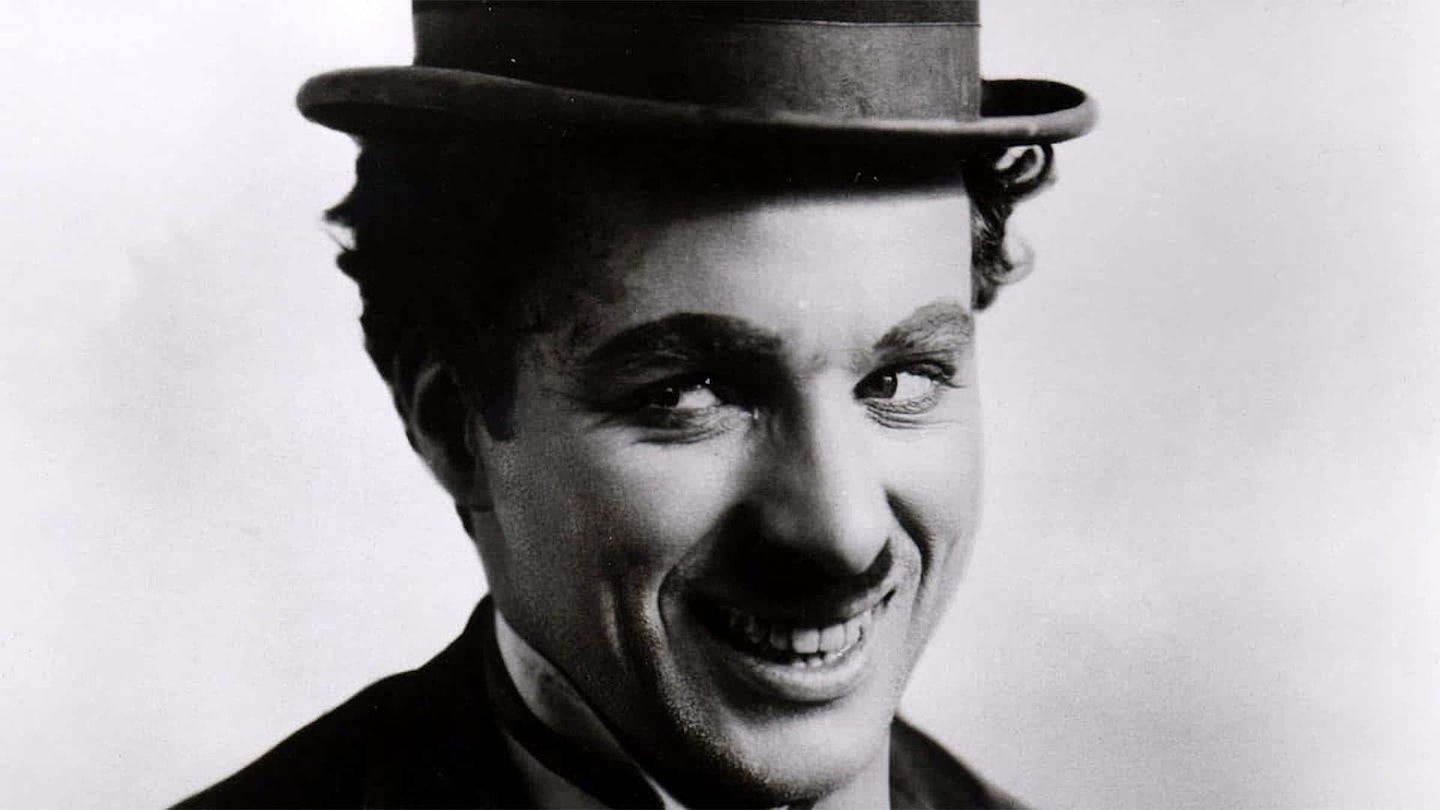“Who was the real Charlie Chaplin?” It’s a simple enough question with an apparently very complicated answer, one that threads a needle through the context of the death of silent film, two world wars and the authoritarianism of America’s Red Scare. Directors Peter Middleton and James Spinney take the tone of a video essay, placing emphasis on authorial voice rather than faux-objectivity; with its detailed sonic textures and Pearl Mackie’s soft-spoken narration, traces of the pair’s previous, sensory documentary Notes On Blindness are present from the start.

In that respect, The Real Charlie Chaplin is refreshing, but in others it seems old-hat, a feeling deepened by just how meandering a route it takes towards an inconclusive answer. Conceptually, it makes some sense — the true nature of Chaplin as a person is itself vague and ill-defined, obscured by layers of performance, so the answer feels constantly out of reach. But it becomes frustrating when the film continually delays engagement with the question it opens with, in favour of a more standard structure that tackles his biography in chronological order.
There are some striking creative decisions, however, particularly in the editing of archive footage. The documentary ponders the ephemeral nature of the pictures themselves, its melting images emphasising film as a medium that decays, perhaps in a visual emulation of how Chaplin’s fame itself gradually faded. The Real Charlie Chaplin is at its most engaging in such moments, when it takes the performer’s visual playfulness and applies it to the film’s investigation, as well as extremely prescient questions of how his fame protected him from scrutiny for a time — concerning the actor’s numerous teenage brides, for example. Less inspiring are its moments of re-enactment, with actors lip-syncing to interview audio as in Clio Barnard’s The Arbor, an effect replicated to diminishing returns here. It’s a shame that even as it plays with so many different modes of storytelling, the film never feels as though it offers us anything new.
